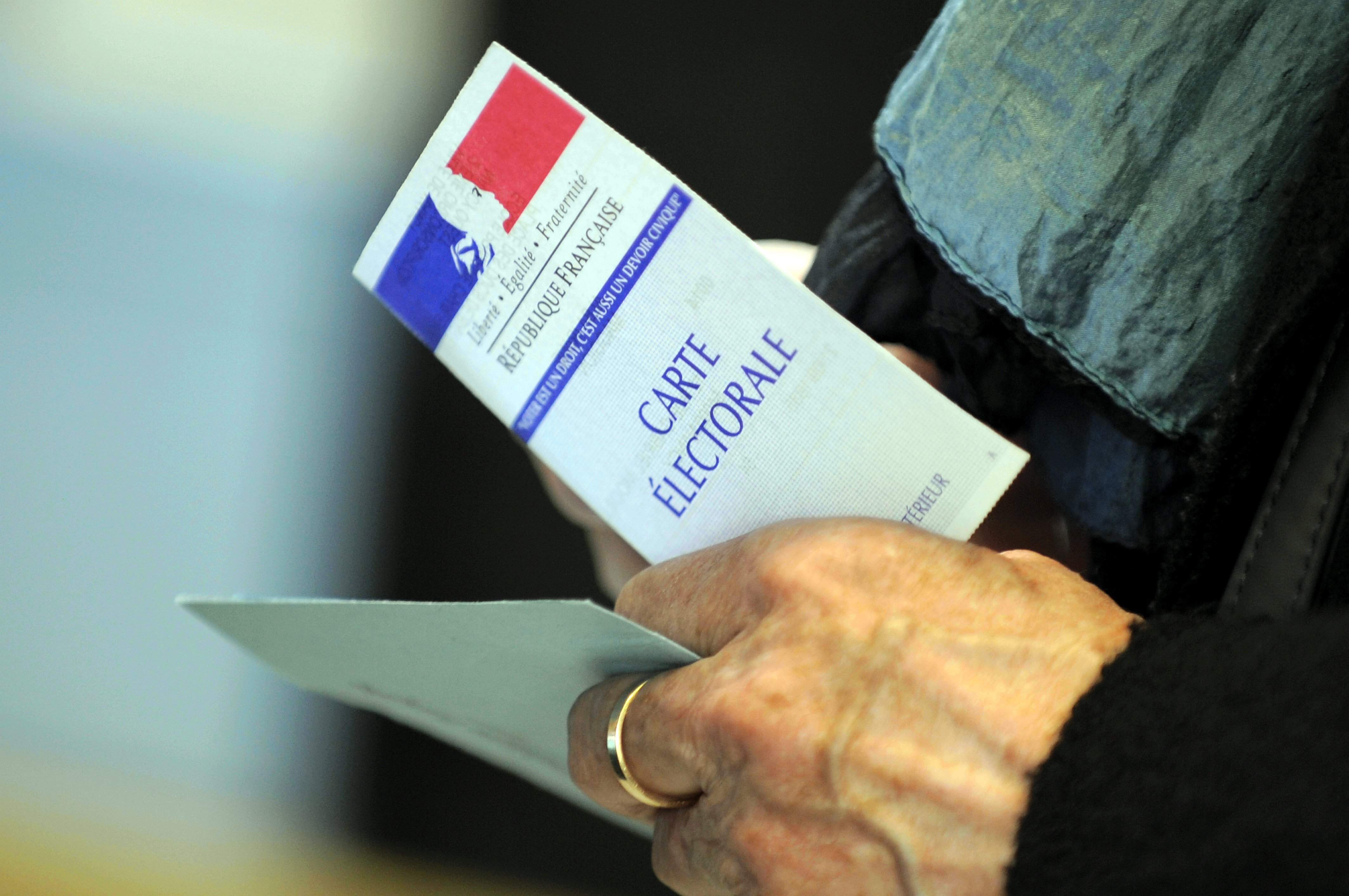According to three economists, the first round of elections in France on 15 March 2020 would have caused “thousands of deaths! »
Three researchers in economics from the CNRS at the University of Clermont-Auvergne have just published an explosive study (below) in the German scientific journal, IZA (Institute of Labor Economics or in French: l’Institut d’Economie du Travail) on the first round of municipal elections in France. Simone Bertoli, Lucas Guichard and Francesca Marchetta show that the organisation of the ballot, which is in the midst of an evolving Covid-19 epidemic, is directly responsible for several thousand deaths. How many? The study does not give figures but the magazine Marianne, which quotes one of the three authors, reveals that “if the French had moved in 2020 as they did in 2014, nearly 5,000 additional deaths would have been counted (the work concerns a territory totalling 62% of the population and on which there are 24,000 deaths).
Unprecedented abstention
Researchers recall the context: “President Emmanuel Macron gave a speech on March 12, describing the epidemic as “the greatest health crisis of the century” for the country, but also announcing that elections would be held. This choice was confirmed by Prime Minister ́Edouard Philippe on 14 March, when he asked the population to stay at home except to “buy food, get some exercise or vote”. These statements, although contradictory, blurred the effectiveness of the message delivered by the authorities on social distancing and led to an historically unprecedented level of abstention (55.4%, compared to 36.5% in the first round of the 2014 elections)”.
For the three economists who signed the study, “the introduction of social distancing measures for voters and polling station staff suggests that the controversial political decision not to postpone the elections could have contributed significantly to accelerating the spread of the epidemic. »L’étude ici
They point out that elected representatives and scrutineers died a few weeks after the vote, as reported in the press. They also note that “a higher turnout is associated with a significantly higher number of deaths for the elderly population in the five weeks following the elections… If the historically low turnout in 2020 had been at the level of 2014, the number of deaths would have been 21.8 per cent higher than that recorded”.
Caution
This study will no doubt revive the controversy two weeks before the second round on 28 June 2020. In any case, the three economists warn: “European governments [should] be cautious about maintaining local or national elections in the coming months in case the VID19 epidemics resume. »

